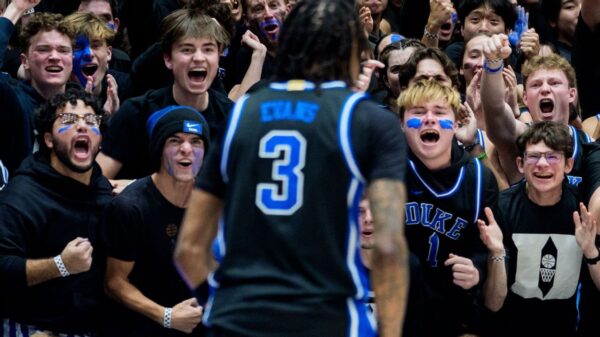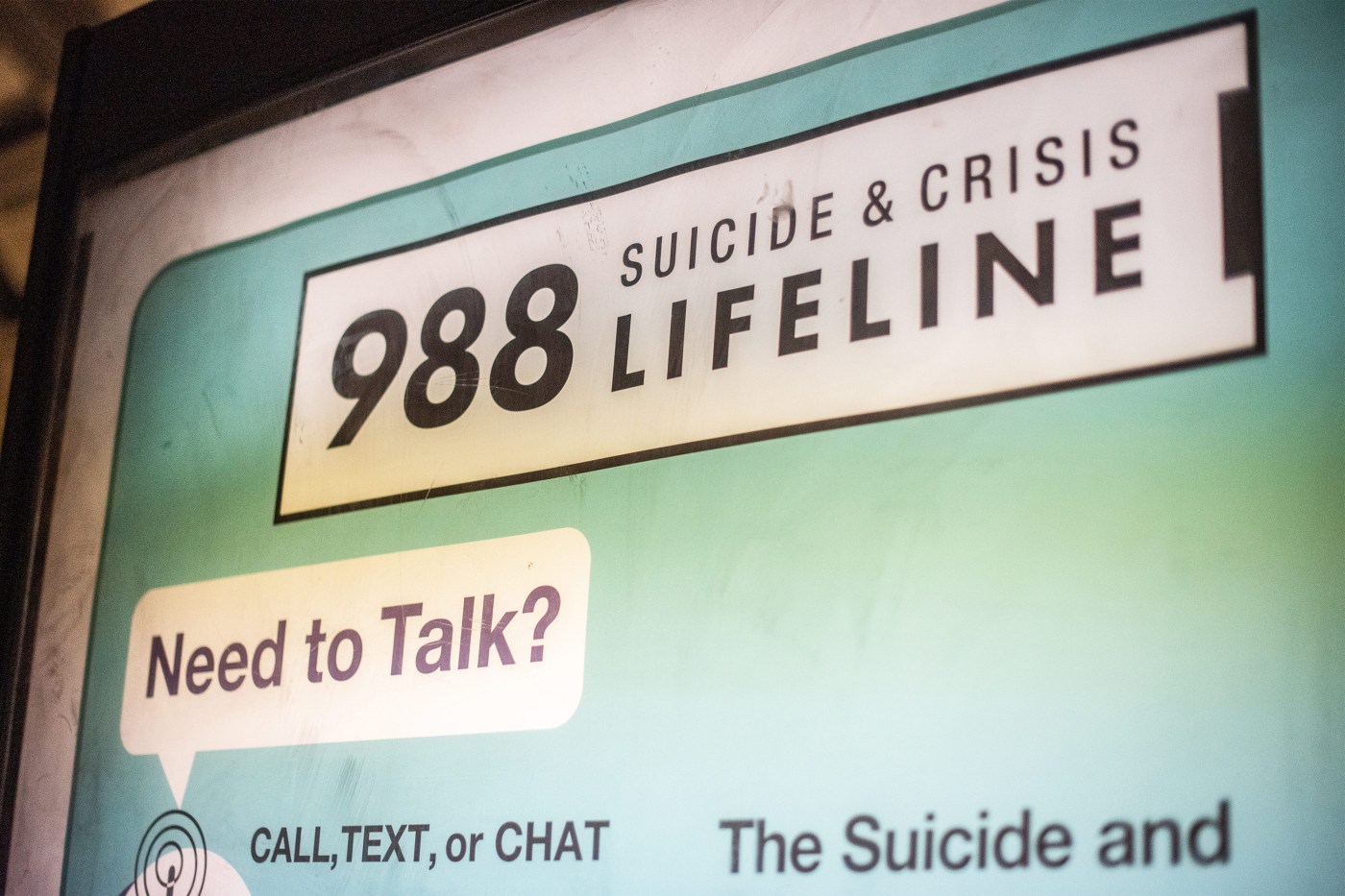Baltimore has secured a significant investment for its mental health support services. The Board of Estimates approved a $10 million grant agreement on Wednesday to enhance the city’s 988 mental health crisis hotline. This five-year agreement, facilitated by Mayor Brandon Scott‘s Office of Recovery Programs, will provide $2 million annually through 2030.
The funds are primarily directed towards outreach and marketing efforts, as outlined by Elizabeth Tatum, the acting director of the Office of Recovery Programs. Tatum noted that over $7.35 million of the total will be allocated to “contracts and consultants,” while $1.3 million is designated for indirect costs. The funding is part of a broader strategy utilizing settlement dollars from the opioid crisis, with more than $400 million received from pharmaceutical companies.
Funding Structure and Call Volume
Tatum clarified that the funding specifically targets outreach initiatives rather than general operations of the hotline. The 988 hotline serves as a vital resource, directing non-emergency calls away from police and towards mental health professionals. The operational funding stems from a telecommunications fee established by the state of Maryland, which Governor Wes Moore signed into law last year. This fee generates revenue that is managed by the Maryland Comptroller’s Office and allocated to local jurisdictions based on their call volume.
In the 2024 calendar year, Baltimore received 15,712 calls to the 988 hotline, representing over half of the total calls from Central Maryland. Remarkably, less than 2% of these calls resulted in escalations of the mental health situation or referrals back to police, according to Tatum.
Collaboration and Training Initiatives
While the Behavioral Health System Baltimore, Inc. (BHSB) plays a crucial role in supporting the hotline, they do not directly operate it. Adrienne Breidenstine, BHSB’s vice president of policy and communications, emphasized that the organization funds three providers responsible for managing the hotline in Central Maryland. The financial resources from the telecommunications fee are administered by BHSB, which also holds providers accountable for their performance and overall care delivery in the city.
In addition to funding, BHSB is tasked with providing mental health training for officers of the Baltimore Police Department. This initiative aims to enhance officers’ awareness and response capabilities regarding mental health crises, further integrating mental health support into public safety efforts.
This strategic investment signifies Baltimore’s commitment to improving mental health resources and ensuring that residents receive the appropriate care when needed.






































































